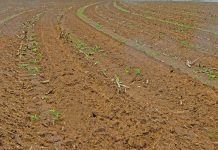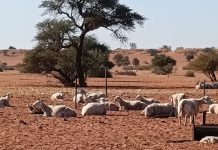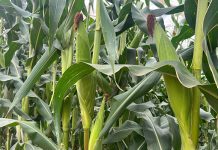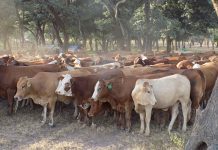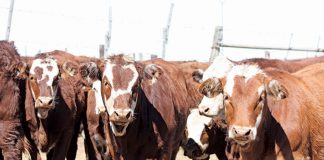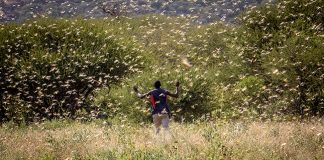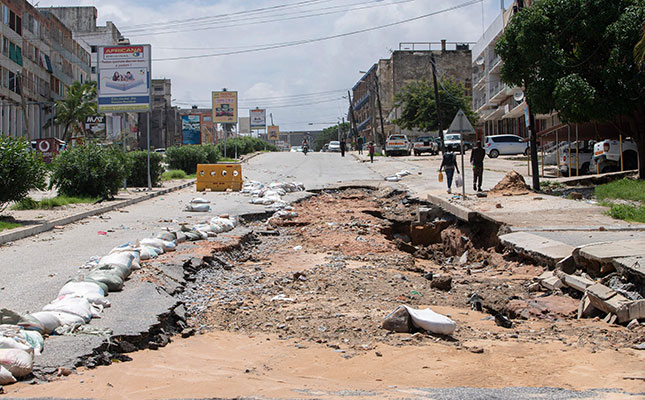
Photo: Alfredo Zuniga/AFP via Getty Images
The Food and Agriculture Organization of the United Nations (FAO) recently announced its intention to provide vegetable seed to 23 000 families displaced by the armed conflict in Mozambique’s Cabo Delgado province.
According to the Macau News Agency, the project was in response to food security problems amongst people displaced by the conflict. The FAO’s representative in Mozambique, Hernani Coelho da Silva, said the support kit would include hoes and watering cans and would be delivered to people in the districts of Palma, Balama, Chiure and Ancuabe.
Cabo Delgado had been subjected to attacks by armed rebels since 2017 and approximately 784 000 people had been displaced by the conflict, according to the International Organization for Migration.
A report by ReliefWeb International said that at least 1,5 million people in northern Mozambique would need life-saving and life-sustaining humanitarian assistance and protection in 2022 as a result of the continued impact of the conflict.
Meanwhile, severe damage had also been caused by Tropical Cyclone Gombe, which made landfall in Mozambique’s Nampula province in March.
The final data on the damage caused by the cyclone indicated that at least 736 015 people had been affected across the Nampula, Zambezia, and Sofala provinces. Some 91 177ha of crops had been lost, and 1 243km of roads severely damaged.
Humanitarian partners were particularly concerned about heightened food insecurity amongst the affected communities, particularly if waters failed to recede soon. It was feared that flooding could lead to harvest losses and a substantial increase in food prices.


